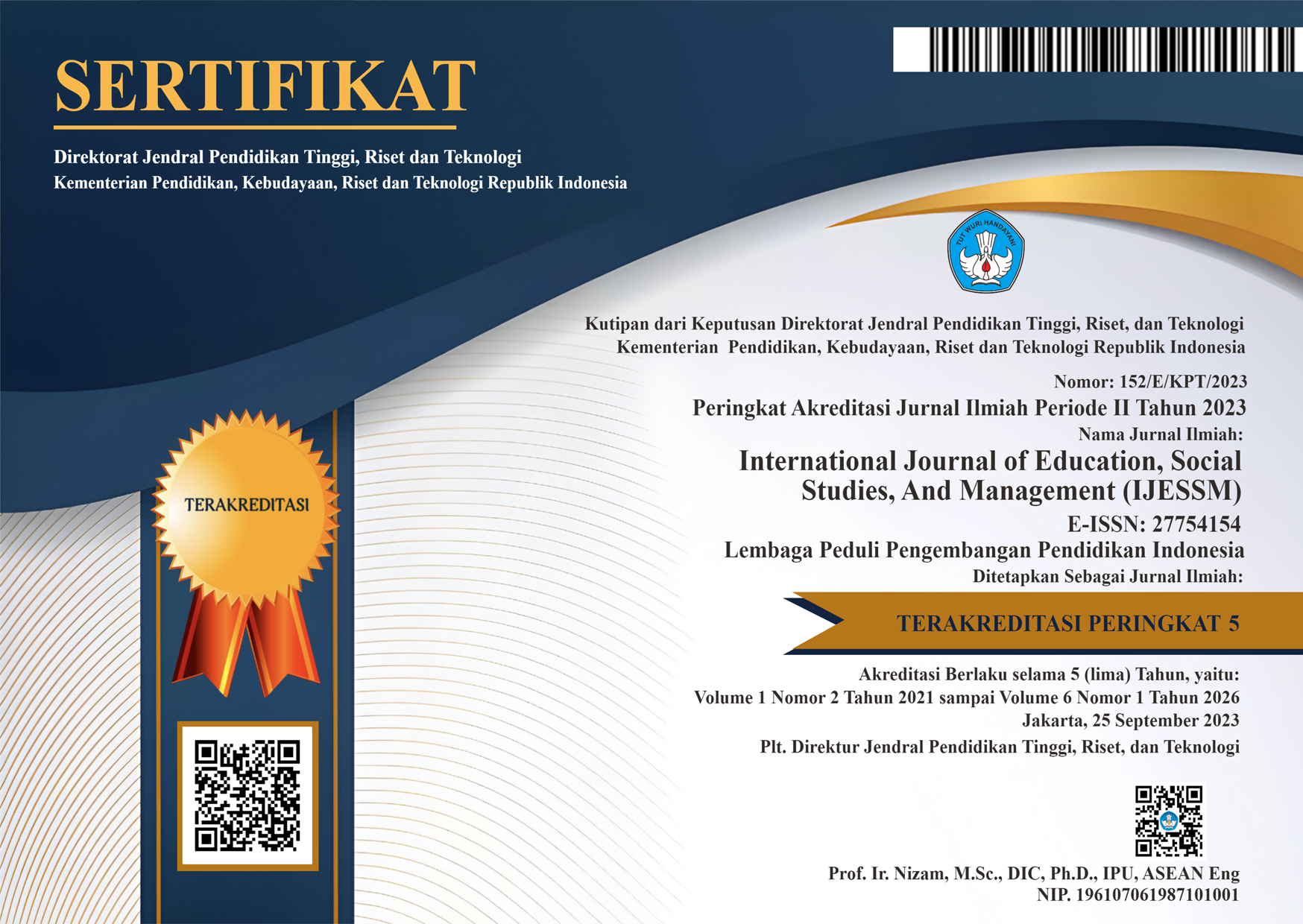The Role of Sharia Banking in Building Micro Business in Indonesia
DOI:
https://doi.org/10.52121/ijessm.v4i2.258Keywords:
Business Strategy, Sharia Banking, Micro BusinessAbstract
This research aims to provide a better understanding of how Sharia banking can contribute to the development of micro-businesses in Indonesia. The research method used is the literature research method or literature review. This method focuses on the analysis and synthesis of written works that are relevant to the research topic being investigated. The results of this research show that Sharia banking has a significant role in building micro businesses in Indonesia. Islamic banking can be an effective partner in helping micro-businesses grow and develop in Indonesia. This article focuses on the role of Islamic banking in building micro businesses in Indonesia. Although the role of Islamic banking in developing micro-businesses is well known, this research provides a better understanding of the real contribution of Islamic banking in forming an ecosystem that supports the growth and sustainability of micro-businesses in Indonesia, as well as highlighting the challenges and obstacles faced by Islamic banking in building micro businesses in Indonesia. Indonesia. This article provides important implications for Sharia banking, government, financial institutions, and society in creating an environment that supports the growth and sustainability of micro-businesses in Indonesia.
Downloads
Published
How to Cite
Issue
Section
License
Copyright (c) 2024 International Journal Of Education, Social Studies, And Management (IJESSM)

This work is licensed under a Creative Commons Attribution 4.0 International License.

















